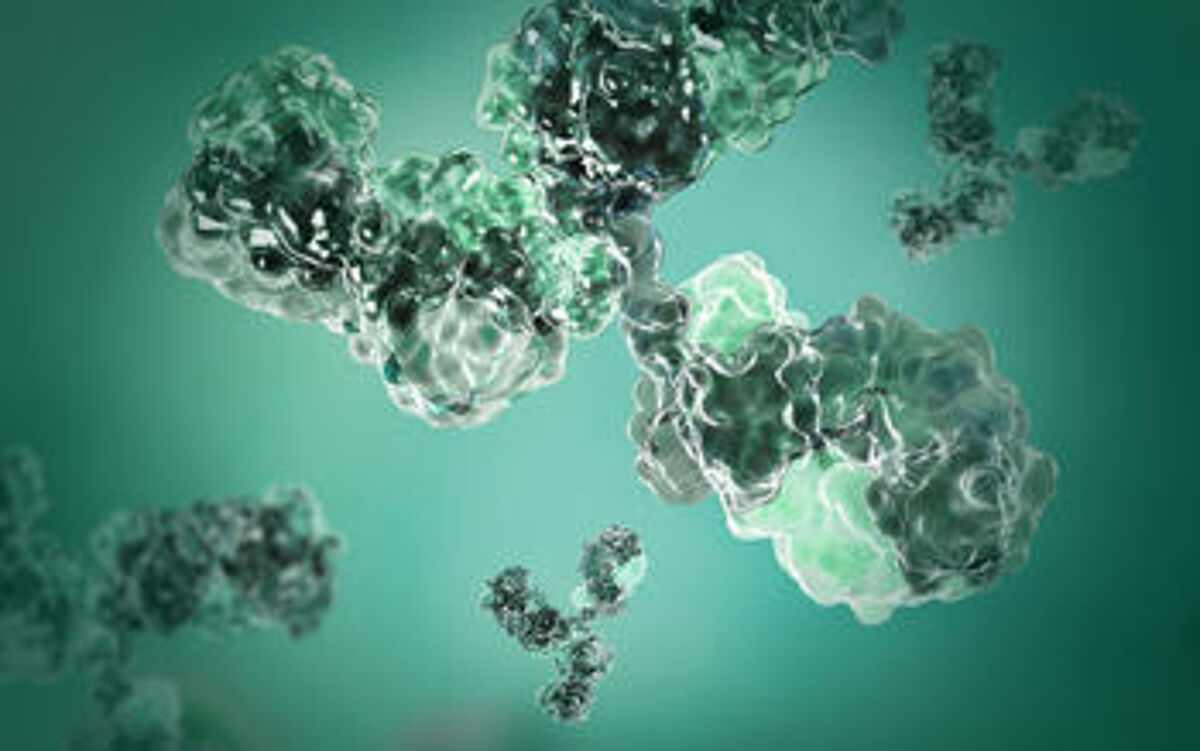Antibodies: Key Players in Immunology and Therapeutics
Wiki Article

Introduction to Antibodies
Antibodies are specialized proteins produced by the immune system to identify and neutralize foreign substances, such as bacteria, viruses, and toxins. Also known as immunoglobulins, antibodies play a central role in immune defense by recognizing specific antigens and initiating responses that protect the body from infection. Their high specificity and versatility make antibodies invaluable in both natural immunity and scientific research.
Structure and Function of Antibodies
Antibodies have a unique Y-shaped structure consisting of two heavy chains and two light chains, which together form antigen-binding sites. These sites allow antibodies to bind precisely to their target antigens. Once bound, antibodies can neutralize pathogens directly or recruit other immune components to eliminate the threat. This combination of recognition and effector functions enables the immune system to respond effectively to a wide range of challenges.
Applications in Research and Medicine
Antibodies are widely used in research to detect, quantify, and isolate proteins or other molecules of interest. They serve as essential tools in techniques such as western blotting, immunohistochemistry, ELISA, and flow cytometry. In medicine, antibodies have revolutionized diagnostics and therapy. Monoclonal antibodies are employed to treat cancers, autoimmune diseases, and infectious diseases, while antibody-based tests provide rapid and accurate detection of pathogens and biomarkers.
Types of Antibodies
Antibodies can be naturally occurring or engineered for specific purposes. Polyclonal antibodies are derived from multiple immune cells and recognize multiple epitopes, while monoclonal antibodies are produced by a single clone and bind to a specific epitope with high precision. Engineered antibodies, such as recombinant antibodies, antibody fragments, and bispecific antibodies, are designed to enhance stability, specificity, or therapeutic potential, expanding their applications in both research and clinical settings.
Future Perspectives
The study and development of antibodies continue to evolve rapidly. Advances in antibody engineering, humanization, and bioconjugation are driving the creation of next-generation therapeutics and diagnostic tools. Antibodies are at the forefront of personalized medicine, offering targeted treatments and precise diagnostic capabilities. As research progresses, antibodies will remain critical to immunology, biotechnology, and the development of innovative therapies for a wide range of diseases.